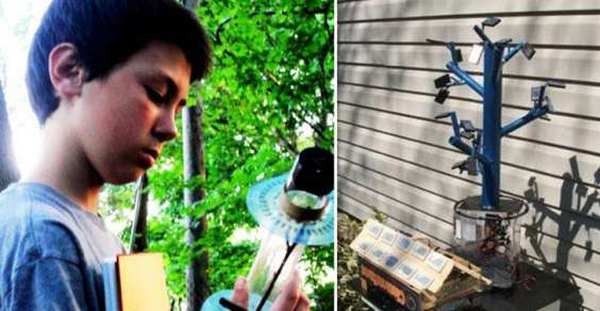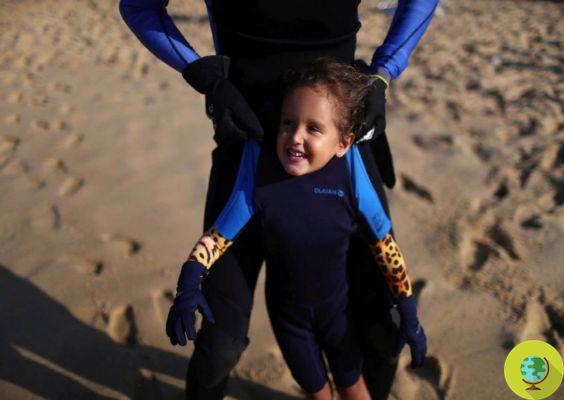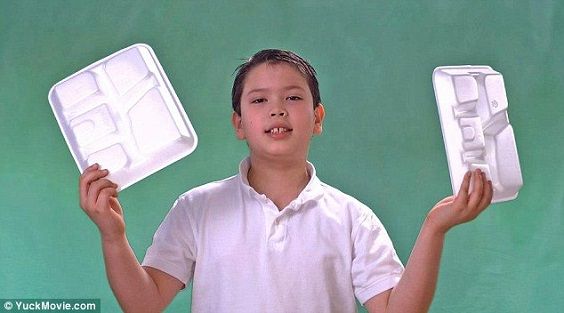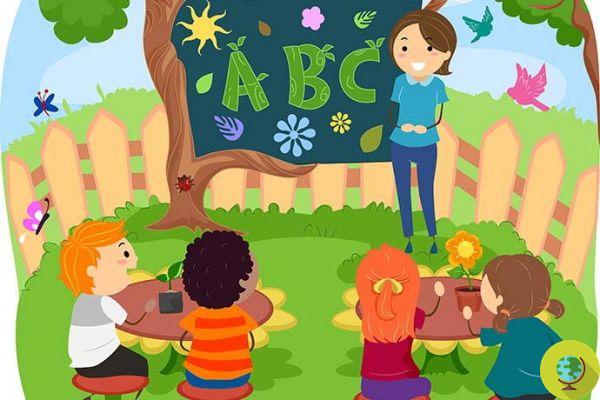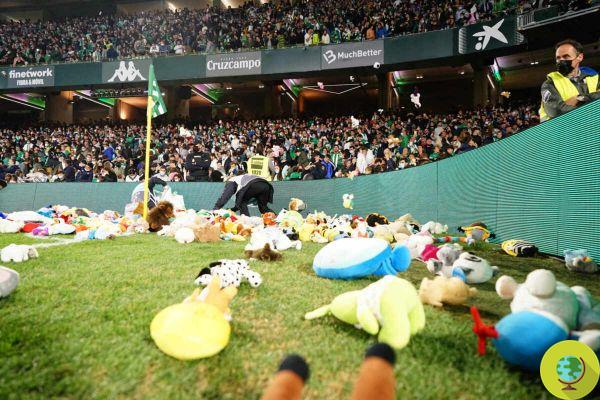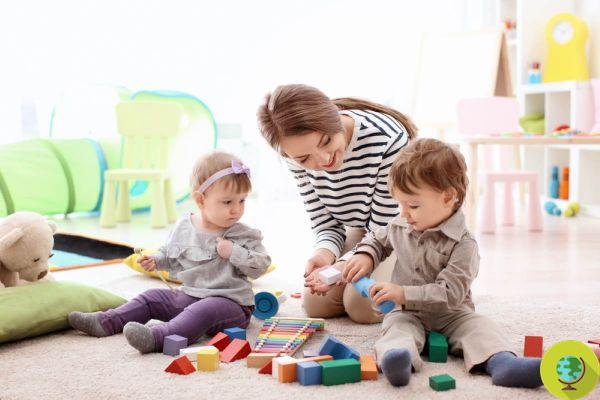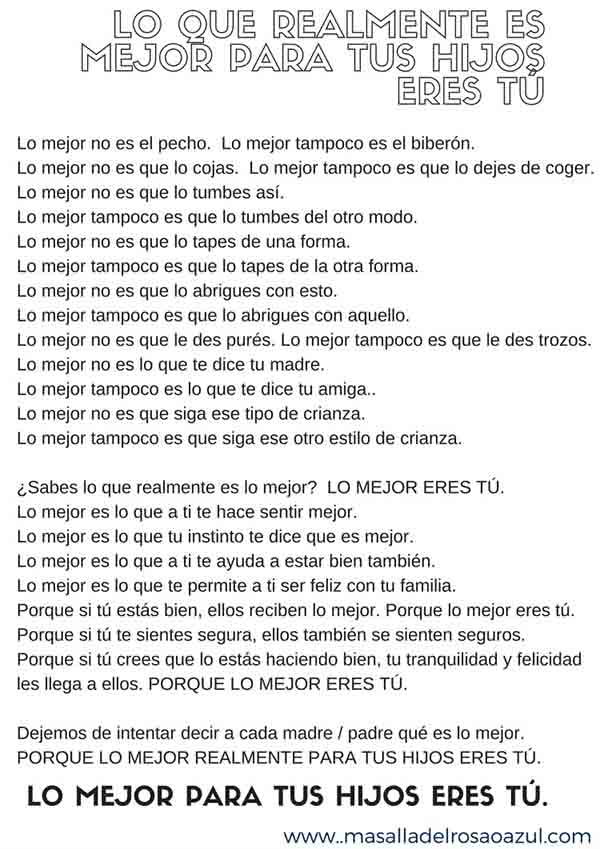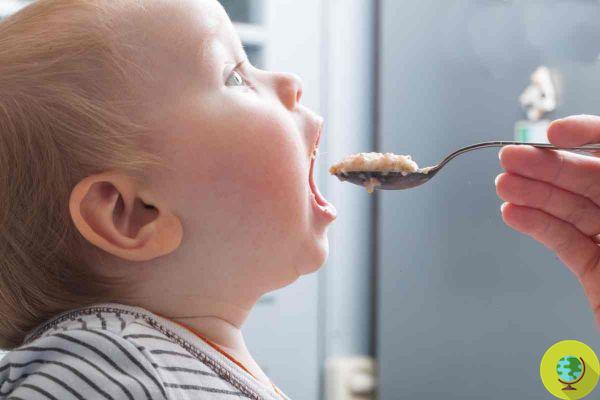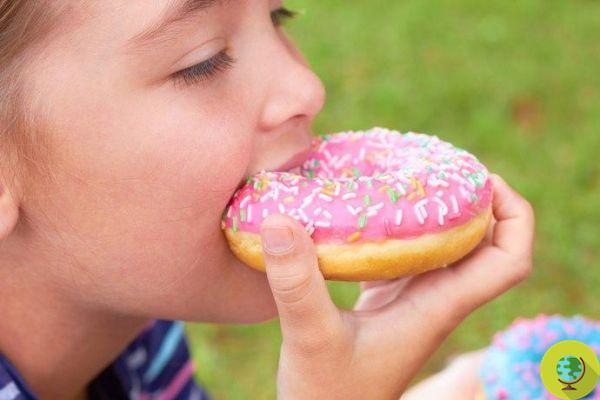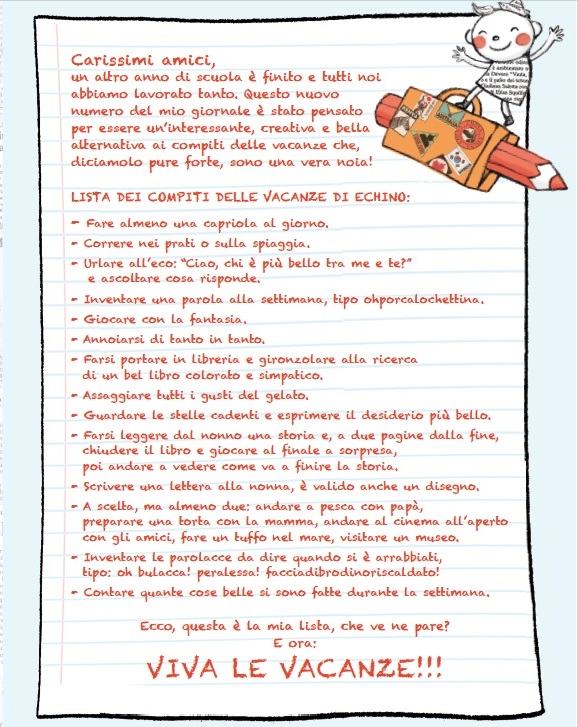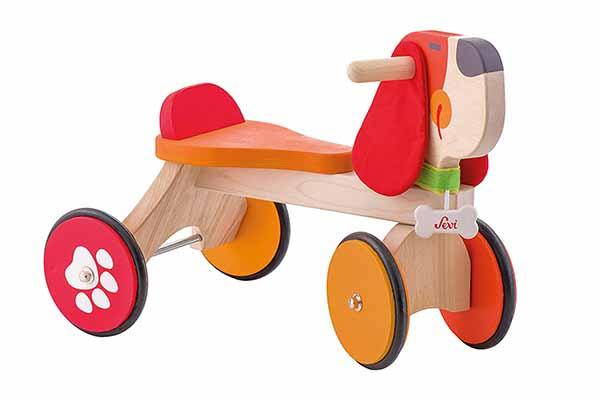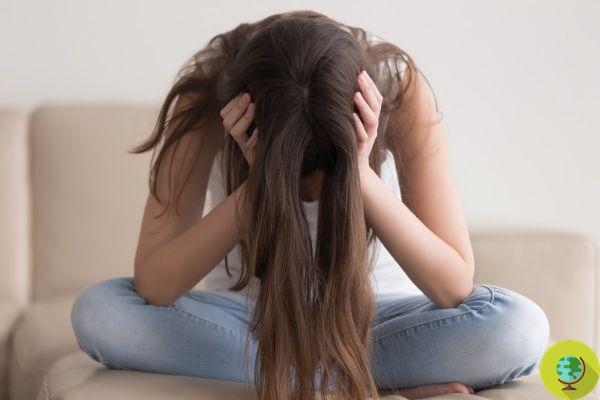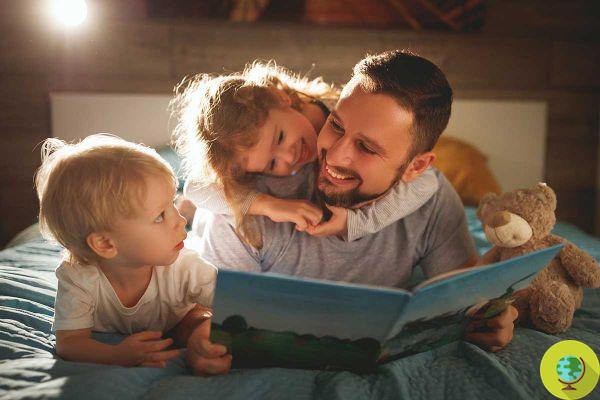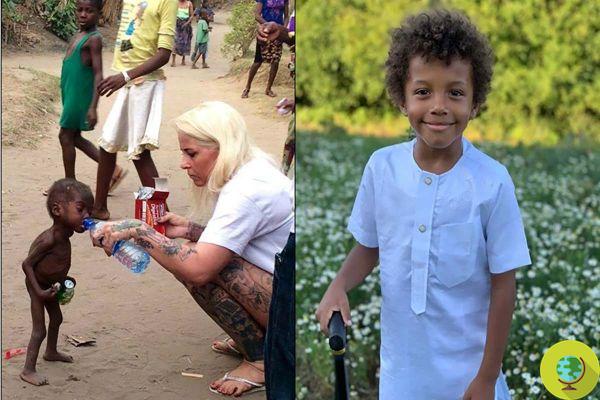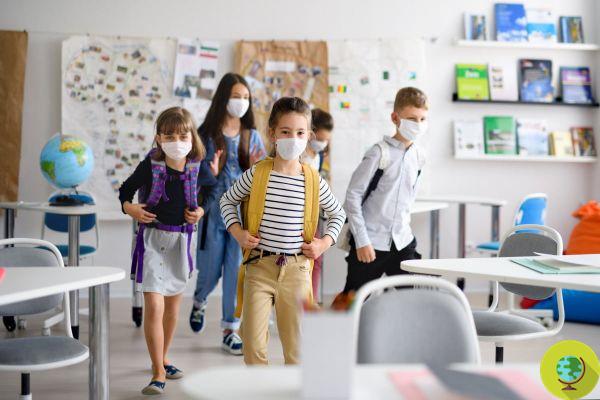
How to help children cope with the loss and grief of the death of a loved one. Unicef advice
Don't store avocado like this: it's dangerousHow to help children cope with the loss and grief of the death of a loved one. Unicef advice
When we lose a loved one, we adults too go through a period, often long, of great difficulty. For children, it can be even more complicated and upsetting to deal with bereavement, especially if it is the first time it has happened. Here are some tips to help children cope with loss and grief.
The death of a family member or loved one is a moment that can bring out a series of conflicting feelings in both adults and children, but the latter must obviously be supported in a greater way and it is the task of adults who will have to do it even if the enterprise will be difficult for themselves.
Unicef provides useful advice to those parents who have to face such a difficult time, trying to metabolize the loss of a loved one and at the same time helping their children in this too.
First, it is important to understand that what makes pain after death particularly difficult is the process of realization and acceptance that that person will not return.
But how can children react to this?
Index
Children's reactions to the death of a loved one
A child's reaction can vary depending on his age and previous life experiences. All children are different from each other and therefore we should not always expect the same reactions, The UNICEF experts however summarize the different possibilities as follows:
- Small children under the age of 5 they often do not understand that death is permanent and may keep asking if the person who died is returning. They may also exhibit other behaviors such as clinging to their family or caregivers or showing regressions such as bedwetting. These behaviors are very common and usually stop on their own after a certain period of time.
- Older children (between 6 and 11 years old) they begin to understand that death is forever (although some children will still struggle with this idea) and may begin to worry that other family and friends will die. They may start asking more questions and want to understand what happened as well as show their pain through anger and feel pain (even physical).
- Teenagers and boys from the age of 12 they are now aware that death is irreversible and that it is a condition that affects everyone (and they are not excluded from it). They are often interested in understanding why things happen and their reactions can range from apathy to anger, extreme sadness and poor concentration.
What is important to understand is that there is no right way to suffer and there are no specific phases in which one emotion rather than another appears. The reactions can vary (and of many), as already mentioned, depending on age, intellectual abilities, relationships with the deceased person and also on the way in which other family members are responding.
How to tell a child that a loved one has died
The most important thing is not to hide the truth nor to postpone the truth. It may come natural to want to protect our children from such great pain but it's best to be honest and tell what really happened and not a sweetened version. This will help children build trust in adults and better cope with the loss of a loved one.
It is therefore advisable to find a quiet place to sit and talk. If it is a small child and has an object, such as a favorite toy that he often carries with him, he can take it. We must then speak slowly, stopping several times in order to give them time to understand what is happening and manage the feelings that emerge.
Regardless of their age, with all children you have to be honest but also use clear and understandable words (for example, avoid euphemisms that they cannot understand).
Psychologist Lisa Damour recommends, for example, to say softly:
I have some very sad news to give you. Your grandfather is dead. This means that his body has stopped working and we will never see him again.
It can be difficult for parents to use such direct language, but it is important to be honest and transparent, says the psychologist.
Time to metabolize
After breaking the bad news, children will need time to process this information. Toddlers may pretend not to hear or repeat the same questions many times over the next few days or weeks.
You should also check for any negative thoughts that some children might have, such as believing that somehow the death of a loved one was their responsibility. One thing that can happen at all ages, the sense of guilt in this sense is transversal and is often also present in the psychology of adults.
One might ask then:
Are you worried that dad died because of something you said or did?
And then maybe explain in simple terms:
You haven't done anything wrong. It was a germ that made Dad sick and kept him from breathing. He could have taken it anywhere. There was nothing anyone could do and nobody is to blame.
Crying in front of your children
Pain also affects adults and children can therefore see their parents cry. This is completely normal and you don't have to worry but even in this case it is good to be honest and on the one hand tell them how you feel, on the other hand reassure them that there is nothing wrong with showing your feelings and expressing them to others. . This will help children to name, experiment and better show their feelings as well.
How to help children cope with pain
Living in grief is important to accept the loss of a loved one, you can obviously live this experience as you see fit and feel but a useful idea can be to commemorate and celebrate how significant that person has been for the whole family. .
Obviously, a way suitable for children must be found that allows them to connect with that person and show them their love, it can be for example to make a drawing, read a poem or something that was written just for them or even sing a song. Of course, religion, for those who are believers, helps a lot and in most cases one can count on the support of a community that can help overcome this difficult moment.
Protect the mental health of the little ones
Here are some ways we can help our children feel better while protecting their mental health:
- Continue to provide your child with loving and consistent care from you, a parent, relative or guardian, people they trust and know well.
- Babies and toddlers feel safe and loved through loving physical contact, singing, cuddling and rocking.
- Normal life routines must be maintained as much as possible. The schedule of the day must be regular.
- If children display provocative and / or regressive behavior, try to understand that it is their way of showing what they cannot verbalize. They are absolutely not to be punished.
- It is important to make sure that other children in their life are informed of what has happened through their teachers or parents.
- Adults too must take care of their psycho-physical well-being in order to help the little ones.
Follow us on Telegram| Instagram| Facebook| TikTok| Youtube
Source: Unicef
Read also:
- How to overcome the loss of a loved one




